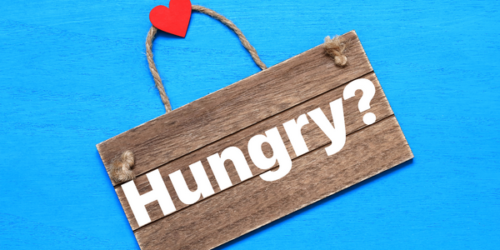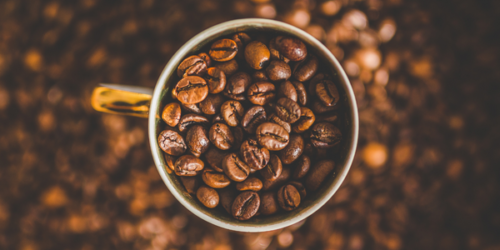Coffee is renowned for its ability to suppress hunger, making it a popular drink among those looking to curb their appetite. But just how long does the magical effect of coffee last? And why is it so effective at suppressing hunger? In fact, I personally know this after quitting coffee after 7 years of drinking it non-stop! I noticed my acid reflux calmed down and I feel tons better, but I am extremely hungry at breakfast and lunchtime. So yes, coffee does indeed keep your hunger at bay but let’s tackle the question you came here for:
How Long Does Coffee Suppress Hunger?

According to studies conducted, most participants start feeling the effects of coffee on their appetite within 20 minutes and they last for a few hours. So if you’re looking for a quick fix before dinner or need something to tide you over until lunchtime, then drinking some coffee might be the perfect solution. But why is it so effective? Scientifically speaking, it has to do with the way coffee affects the body and its hormones.
The caffeine in coffee stimulates the release of a hormone called cholecystokinin (CCK). This hormone is responsible for controlling hunger and suppressing appetite by reducing ghrelin, which is the hormone responsible for stimulating hunger.
Additionally, caffeine also increases levels of the nifty epinephrine or adrenaline which makes you feel more alert and energized.
What is Ghrelin and Why Does it Interfere With Hunger?
Ghrelin is a hormone responsible for stimulating hunger and having too much of it can make you feel ravenous for food. Unfortunately, this hormone naturally spikes right before mealtimes, making us more likely to overeat.
However, coffee can help reduce ghrelin levels and give you the ability to better control your cravings and hunger. This means that if you’re looking to manage your weight, drinking coffee before meals can help you eat less and feel fuller for longer.
It Also Affects Peptide YY
Another hormone that coffee affects is peptide YY (PYY). This hormone helps regulate appetite and energy balance, and higher levels of it make us feel fuller faster. Drinking coffee can help increase PYY levels, making it easier to eat less and reduce the urge to snack in between meals.
Caffeine Also Boosts Metabolism
Did you know that caffeine is also known to increase metabolism which means that it can help you burn more calories throughout the day. This is why many people drink this delicious beverage before or after exercising; not only does it provide an energy boost but it helps you burn more fat when combined with your exercise regimen as well.
As discussed earlier, caffeine triggers the release of epinephrine or adrenaline. And what adrenaline does is elevate your heart rate and boost your metabolic rate which in turn helps you burn more calories throughout the day.
Coffee Contains a Weight Loss Aid: Polyphenols

Coffee also contains polyphenols which are antioxidants found in plants. These compounds have been linked to increased weight loss, improved digestion, and even decreased risk of cancer.
Polyphenols can help reduce fat storage by inhibiting the formation of new fat cells. They may also decrease inflammation and blood sugar levels, making it easier to control hunger and cravings.
Conclusion
In summary, coffee’s ability to trigger the release of hormones like cholecystokinin, epinephrine, and polyphenols makes it an effective appetite suppressant. It can help reduce ghrelin levels, increase peptide YY, and boost metabolism, helping you feel fuller faster and burn more calories. So if you’re looking for a quick way to curb your hunger or manage your weight, then coffee may be a good solution. Just be sure not to go overboard with coffee (it can dehydrate you!) and keep a well-balanced diet.